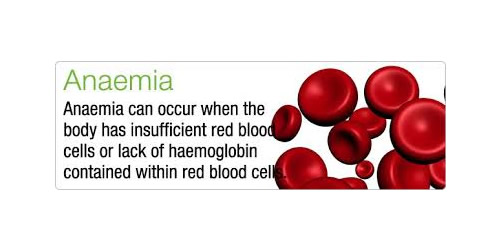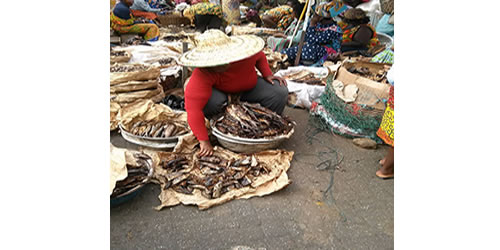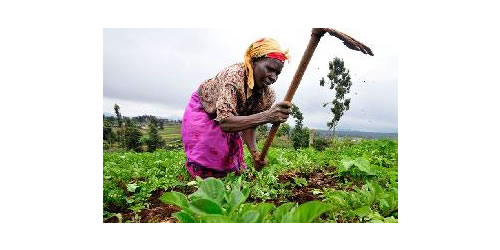Anaemia identified as biggest nutritional disorder in Ghana

Mrs Kate Quarshie, an official of the Nutrition Department of the Ghana Health Service, on Tuesday identified Anaemia as one of the biggest nutritional disorders in Ghana affecting about 66 per cent of children.
‘Anaemia will cost Ghana more than GH₵1.9 billion and greatly decrease worker productivity if nothing is done about it,’ she said, explaining that if the country tried to reduce anaemia by half it would improve productivity and have good consequences on national development agenda.
Mrs Quarshie said this at a round-table to engage parliamentarians on the effect of anaemia and malnutrition on productivity.
It was organised by civil society organisations against malnutrition with support from World Vision Ghana, a Non-Governmental Organisation.
Mrs Quarshie said Ghana faced a double burden of malnutrition and anaemia and called on government to prioritise nutrition issues.
Mr Hubert Charles, the National Director of World Vision Ghana, said malnutrition was estimated to be the underlying cause of 55 per cent of mortality cases among children under five years.
He said: ‘Nutrition plays a critical role in human resource development since deficiencies in essential nutrients led to malnutrition, which affects an individual’s mental and physical state, resulting in poor health and poor work performance’.
Mr Charles said a hungry malnourished child may have mild to serious learning abilities, thus malnutrition undermined investments in education, health and other developmental sectors.
Malnutrition, he said, represented a multidisciplinary challenge of no small magnitude and required a holistic approach to find a solution, reiterating World Vision’s commitment to engage with stakeholders including parliamentarians to help make hunger a thing of the past.
‘It is not surprising, however, that hunger and food security falls as number two in the Sustainable Development Goals,’ he said, and urged the Members of Parliament to ensure that Ghana adopted and implemented the National Nutrition Policy.
Ms Mutinta Chimuka, the Country Director of World Food Programme (WFP), pledged her organisation’s unflinching support for the programme and said the WFP was assisting government by providing nutritional foods at health facilities in the three northern regions to children under five.
‘WFP is also supporting the Ghana school feeding programme,’ she said, calling for collaboration to ensure consistency and sustainability of the programme.
Ms Chimuka said the WFP was passionate about policy issues and capacity development and pledged continuous support for food security issues in Ghana.
Mr Amen Reynolds Amen, the Director of the Amen Amen Institute, donated Ghc 5,000.00 to Hunger Alliance Ghana and the Parliament Caucus on nutrition to support the fight against malnutrition.
‘Amen Institute is open to partnership that promotes food security and nutrition agenda in Ghana,’ he said.
Mr Asante Krobea, the Director in charge of Crops at the Ministry of Food and Agriculture, said the Ministry was doing everything to ensure food security, saying, ‘issues of food security also hinges on national security’.
He said the country’s shift from the consumption of local foods like plantain and cocoyam to imported foods was part of the food insecurity challenge.
The parliamentary caucus pledged its support to promoting nutritional issues in the country.
By GNA




